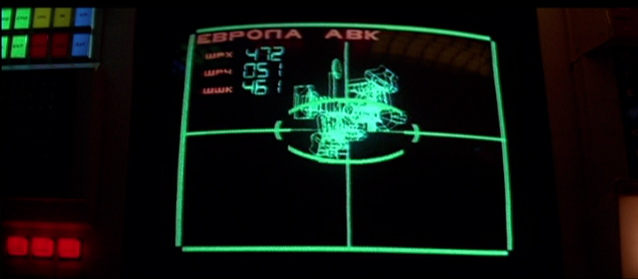
In 1984, during the third quarter of Superbowl XVIII, Apple aired its infamous advert, directed by Ridley Scott, to launch the Apple Macintosh, and proclaimed that "1984 won't be like '1984'".
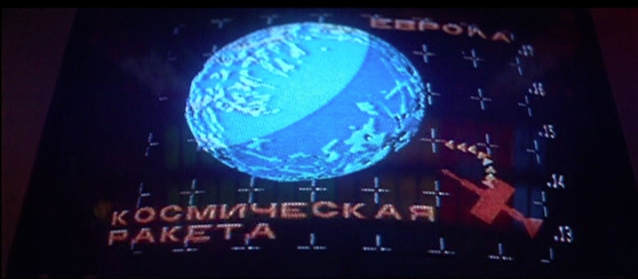
Fast forward 26 years, and it's clear that 2010 won't be like '2010'.
Written by Arthur C Clarke in 1982, and made into a film in 1984 by Peter Hyams, '2010' is the sequel to '2001', and follows Dr Heywood Floyd (Roy Schieder), as he travels onboard the Soviet spacecraft Alexei Leonov to retrieve USS Discovery and try and revive HAL. The story is set against a backdrop of escalating nuclear tension between the two superpowers.
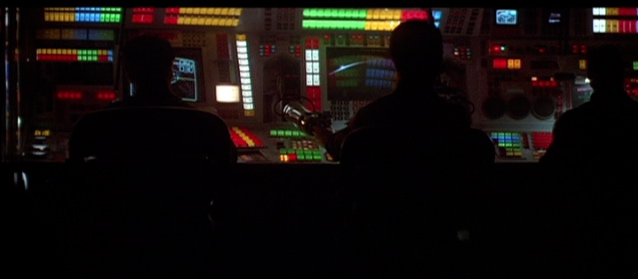
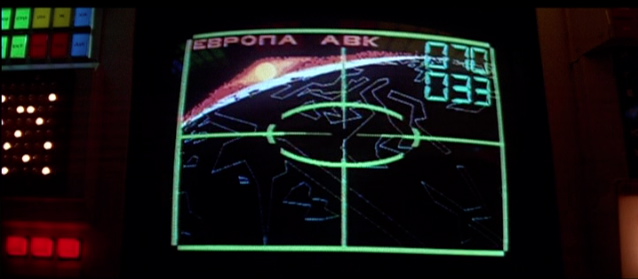
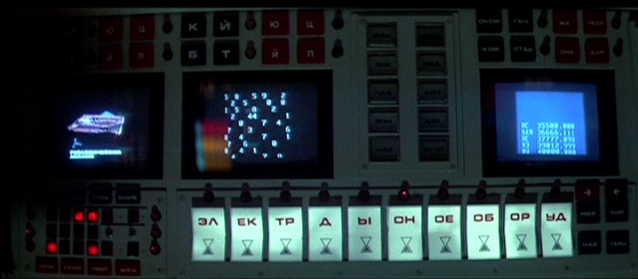
Visually, while not as intoxicating or sensuous as Kubrick's masterful '2001' (about which I've written previously), '2010' is still a great film. I love the interior shots of the Leonov, aglow with thousands of brightly-lit buttons and instrument panels. The computers aboard the Leonov are tactile, push-button, and display crude (but charming) simple vectorised graphics.
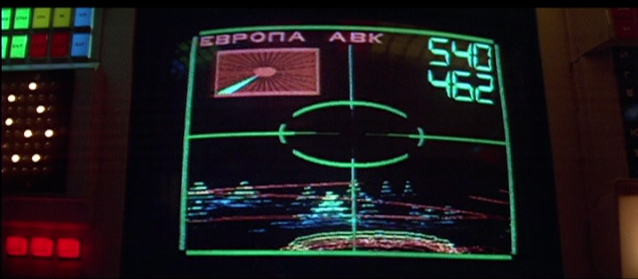
![2010] (http://www.kosmograd.com/newsfeed/images/2010/2010_07.jpg)
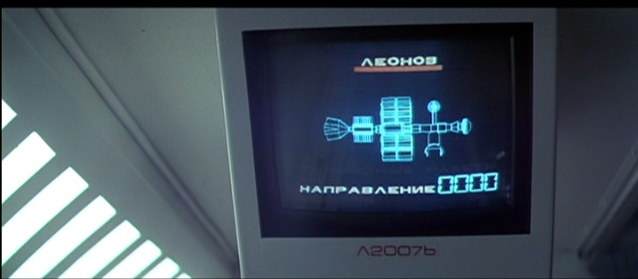
But it's not just the Cold War that has faded in the interim, or the Union of Soviet Socialist Republics. I was watching a video of '2010' on an iPhone when I was suddenly struck by the dichotomy between the future presented on the screen and the future as it turned out, with the iPhone representing perhaps the definitive piece of technology of the current decade.
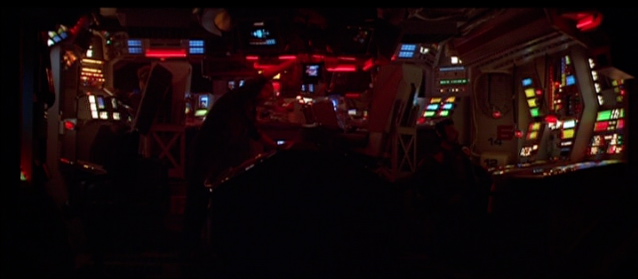
Computers have become personalised, miniaturised, portals into another space - cyberspace. Released, like the film of '2010', in 1984, William Gibson's novel Neuromancer has been a far more potent vision of the future than Clarke's 'hard' sci-fi vision. Neuromancer represents a phase shift rather than simply a projection of contemporary technologies into the future. In many ways, Neuromancer helped define the future.
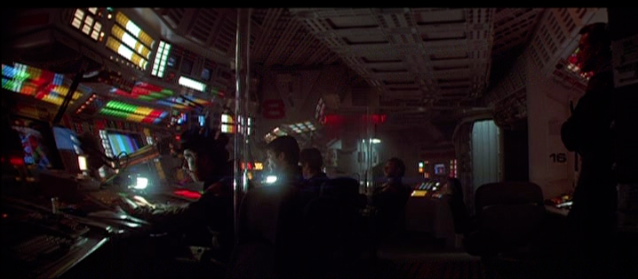
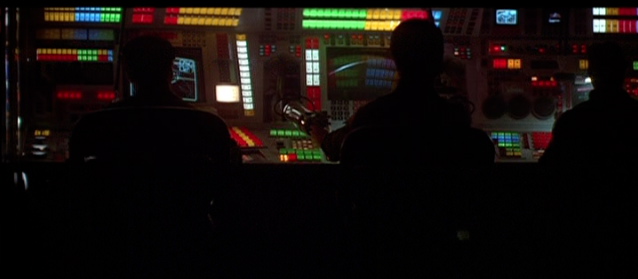
Unlike the computers of 2010, the computers in '2010' do not create space. The computers of the Leonov, and even HAL 9000 on the Discovery, are little more than tools or automatons, tactile and solid. Whereas HAL looked out into our world, today we look into the world created within the computer.
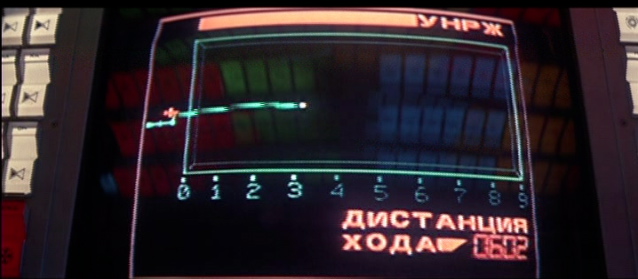
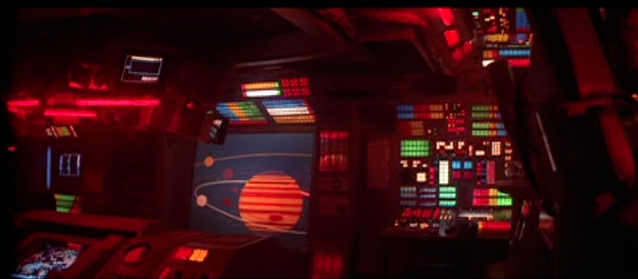
We've replaced the dreams of visiting other planets with the inner space of computer devices. Our focus has shifted from exploring outer space to the computer generated world of cyberspace.
As I write, the tech-press is building itself into a frenzied state of excitement speculating what the new Apple tablet, iSlate, or whatever is revealed at the launch event on Thursday 27th January 2010, might do to create a new paradigm for Human Computer Interface, the next evolution of personal computing technology. The horizon of our vision for technology is no longer interplanetary travel but multi-touch user interface designs.
Our ambition seems to have shrunk to the size of a touchscreen tablet. Expect a monolith of a very different kind.
